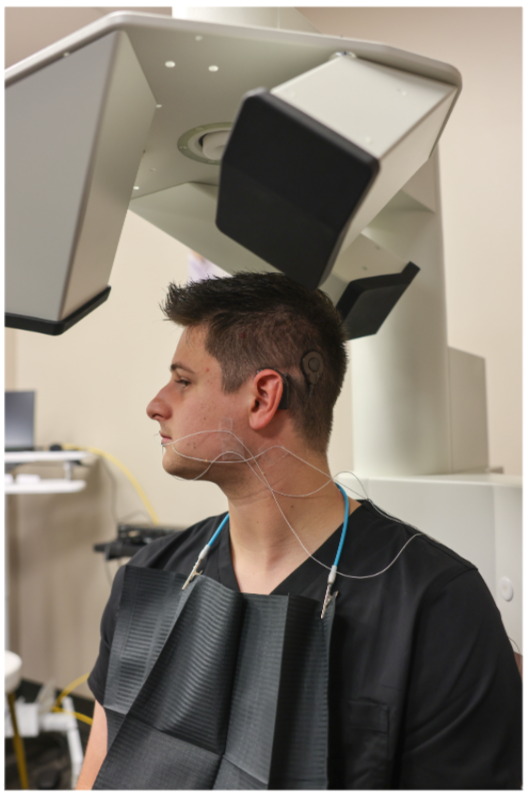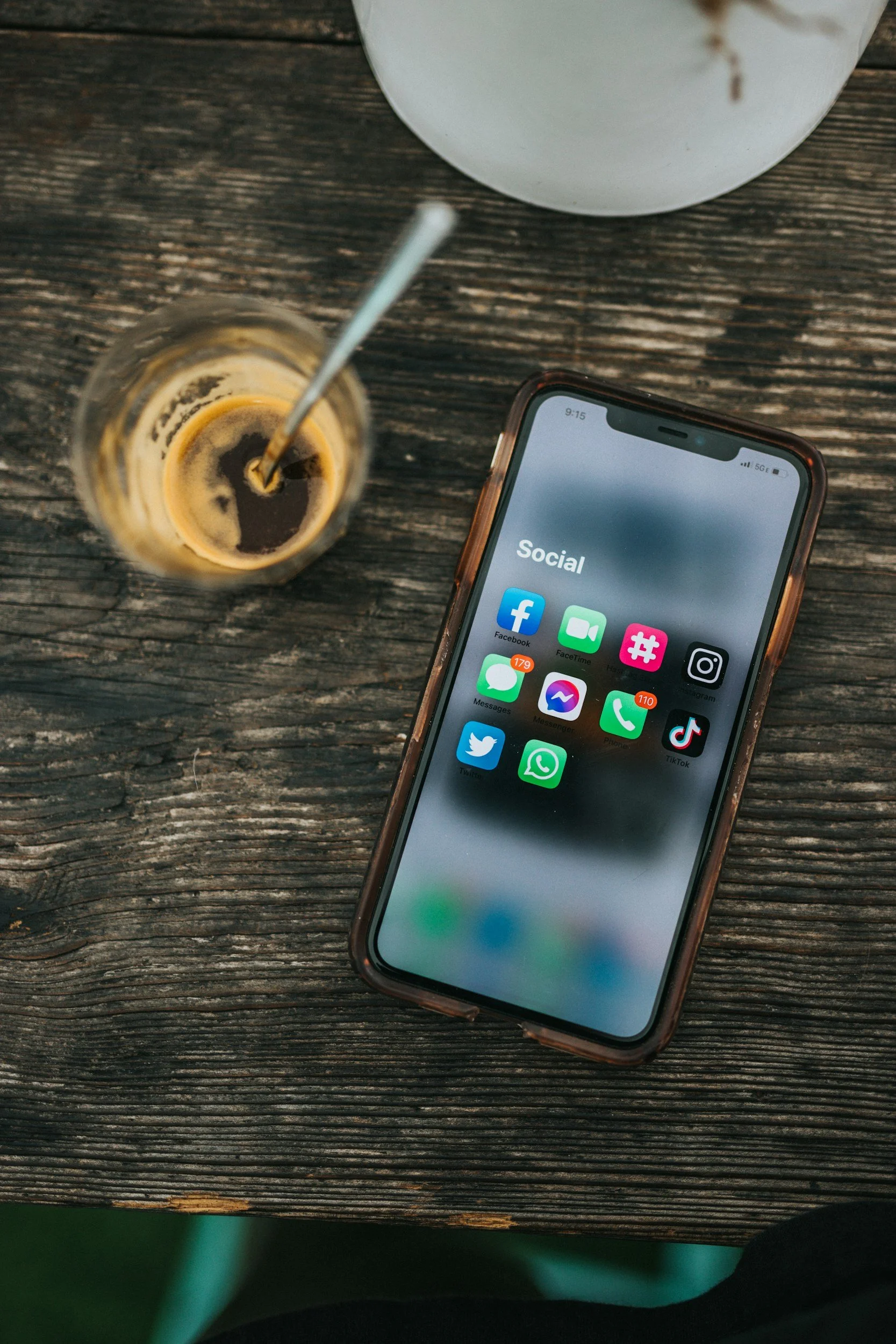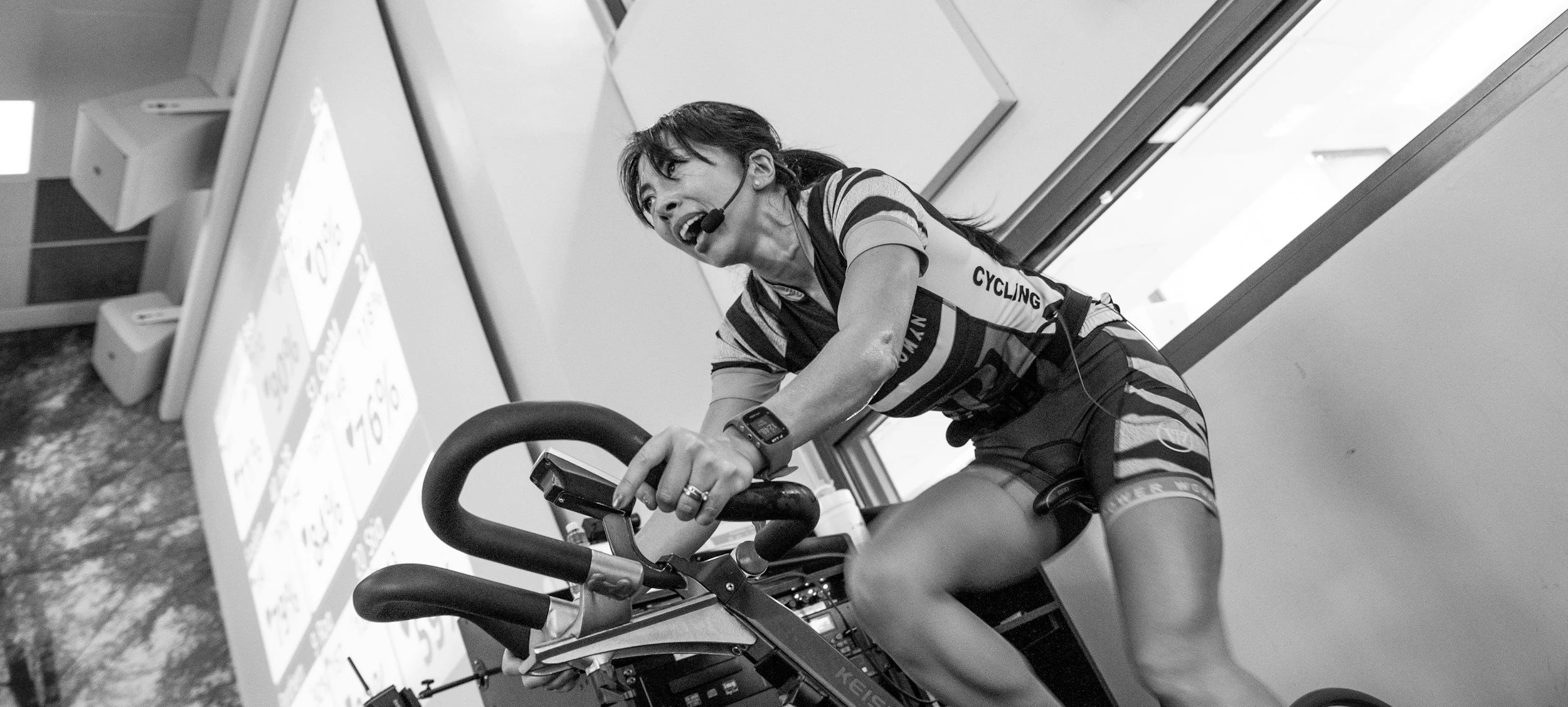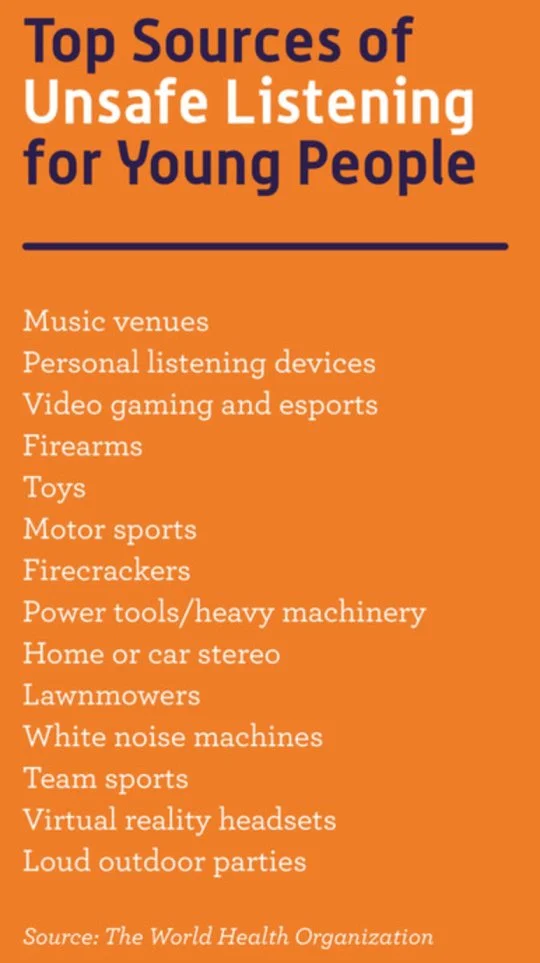Thank you for signing up for our HHF research webinar on April 6: “The Brain’s Built-In Noise Cancellation” with Timothy Balmer, Ph.D.
PLEASE NOTE: There is one more step. Please click on the link below to complete your registration via Zoom:
https://us02web.zoom.us/webinar/register/WN_leFbJZ38SE2vkgivh07BGA
You will receive a confirmation email from Zoom, and reminders ahead of the event.
Webinar Accessibility
If you are unfamiliar with enabling closed captions on Zoom, please review our technical guide.
Webinar Archive
Webinars are recorded and distributed a week after airing with captions, a transcript, and a bibliography. Click here to access the archive.
Disclaimer
HHF research webinars take place via Zoom. They are not meant to replace or substitute for consultation with your individual medical providers. HHF assumes no liability for the use of information provided during this event.
More Resources
For individuals with long-term hearing loss or severely degraded auditory input, the lack of reliable auditory feedback represents a challenge many orders of magnitude greater than the temporary masking used in this study.
It bears repeating: What improves access for a group with a specific disability invariably also helps the greater population.
Because noise-canceling earbuds are so comfortable and block everything out, people wear them for three, four, five hours straight without realizing the cumulative effect on their ears.
I made one hat to solve problems, never imagining how many other adults and children would relate. It’s an honor to be able to give something back to the cochlear implant community that understands this journey so well.
These findings suggest that the ability to integrate what is seen with what is heard becomes increasingly important with age, especially for cochlear implant users.
Tinnitus Quest’s Tinnitus Hackathon prioritized active problem-solving, cross-disciplinary debate, and the development of a shared research agenda.
As the first known Black author to publish a 10-book children’s series centered on deaf, hard of hearing, and disabled heroes, I’ve created what I once longed for: stories where children see themselves as powerful.
Social platforms have become spaces to compare symptoms, crowdsource explanations, and seek community. For tinnitus, that openness has helped many people feel less alone. Unfortunately, it has also created space for confusion, misinformation, and discouraging myths that can delay effective care.
Often these surprising sources of loud sounds come about from a misguided belief that loud means fun—the louder it is, the more festive. The good news? Because the decibel scale is logarithmic, turning it down even a little can help save our hearing a lot.
When thinking about exposure to loud sounds, it is important to take a life-course perspective. That is, the health behaviors developed in childhood and adolescence can shape habits into adulthood.












We are proud that Hearing Health Foundation-funded scientists are always well represented at Association for Research in Otolaryngology MidWinter Meeting.